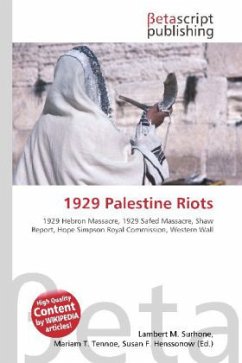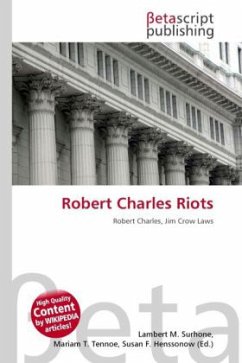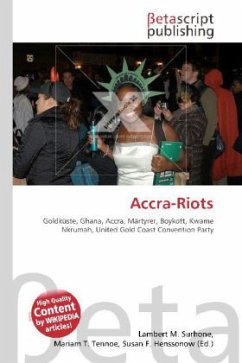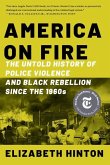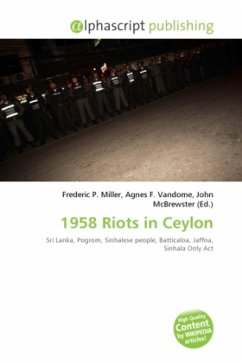Please note that the content of this book primarily consists of articles available from Wikipedia or other free sources online. The 1929 Palestine riots, also known as the Western Wall Uprising or the Buraq Uprising, refers to a series of demonstrations and riots in late August 1929 when a long-running dispute between Muslims and Jews over access to the Western Wall in Jerusalem escalated into violence. During the week of riots, at least 116 Arabs and 133 Jews were killed and 339 wounded. In September 1928, Jews at their Yom Kippur prayers at the Western Wall placed chairs and customary screens between the men and women present. Jerusalem commissioner Edward Keith-Roach, while visiting the Muslim religious court overlooking the prayer area, pointed out the screen, precipitating emotional protests and demands from the assembled sheiks that it be removed. Unless it was taken down, they said, they would not be responsible for what happened. This was described as violating the Ottoman status quo that forbade Jews from making any construction in the Western Wall area, though such screens had been put up from time to time. The British issued an ultimatum for its removal.
Bitte wählen Sie Ihr Anliegen aus.
Rechnungen
Retourenschein anfordern
Bestellstatus
Storno

